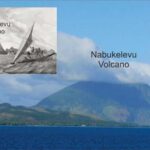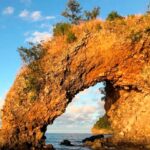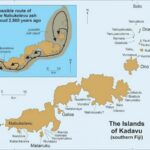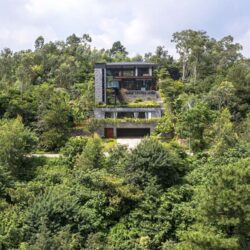Can you envision a time when scientific knowledge was transmitted orally, through tales of gods and natural wonders? Such is the case with the memories of a volcanic eruption that rocked Fiji around 2,500 years ago, preserved through generations in vivid narratives.
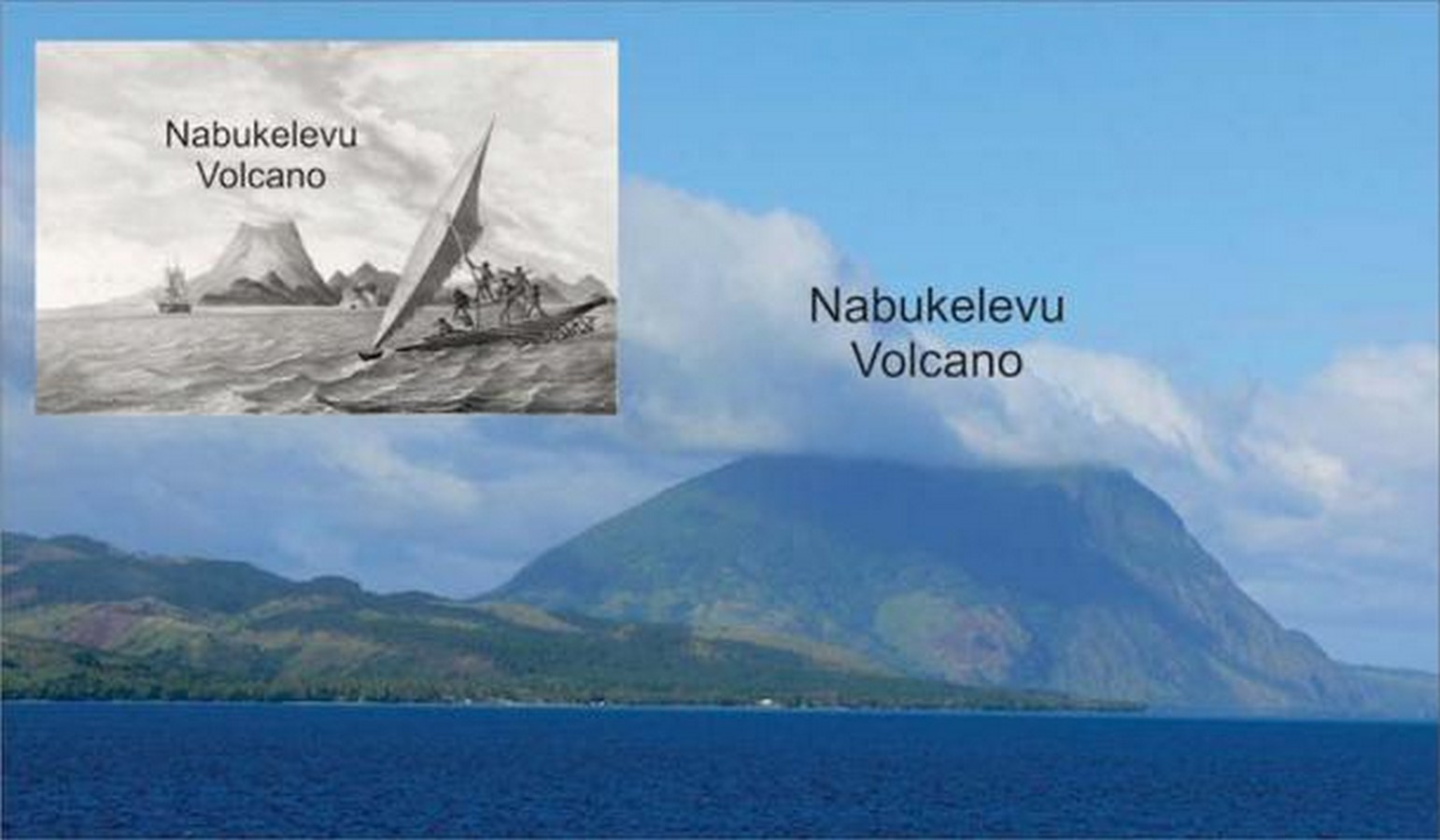
The Dramatic Eruption
Approximately 2,500 years ago, at the western end of Kadavu Island in Fiji, a volcanic eruption reshaped the landscape and etched its memory into the collective consciousness of the indigenous people. The emergence of a new mountain, Nabukelevu, marked the onset of a transformative event that would be immortalized in oral traditions for millennia to come.
Oral Traditions as Historical Records
In the past, narratives of ancient events were often disregarded as myths or legends. However, contemporary research recognizes the value of oral traditions as authentic records of past experiences and perceptions. These narratives served as pragmatic tools for understanding and managing local risks, reflecting the adaptive strategies of ancient societies.
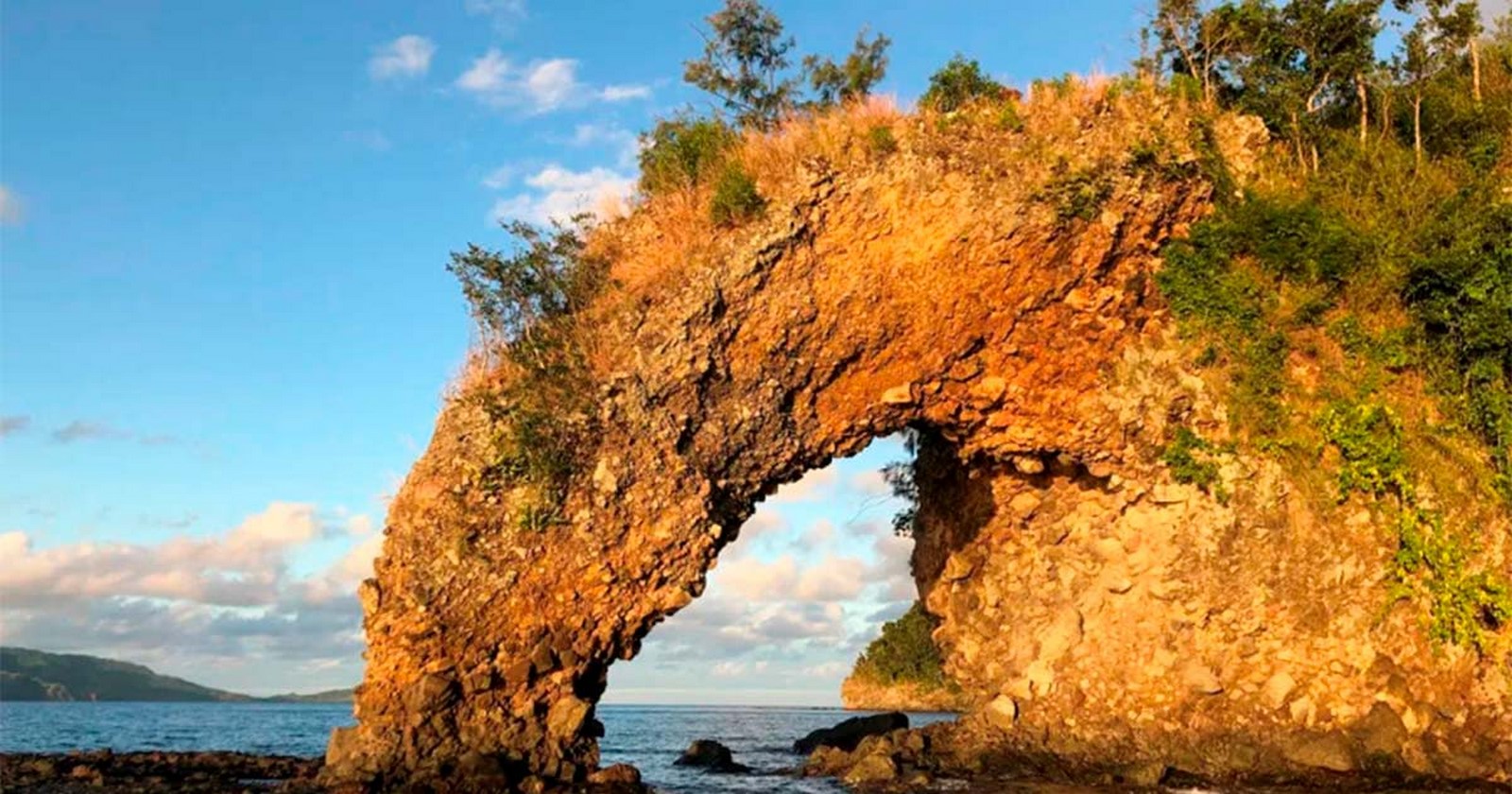
Clash of the Gods: Tanovo and Tautaumolau
Central to the oral traditions surrounding the eruption is the tale of Tanovo and Tautaumolau, two mythical beings whose clash shaped the landscape of Fiji. Tanovo’s rage at the emergence of Nabukelevu led to a celestial battle, resulting in the creation of islands and geological formations that endure to this day.
Insights from Indigenous Knowledge
Embedded within these narratives are subtle references to natural phenomena such as tsunamis and geological transformations, providing valuable insights into the eruption’s magnitude and impact. Details passed down through generations offer a window into the psychological and emotional experiences of ancient communities in the face of natural disasters.
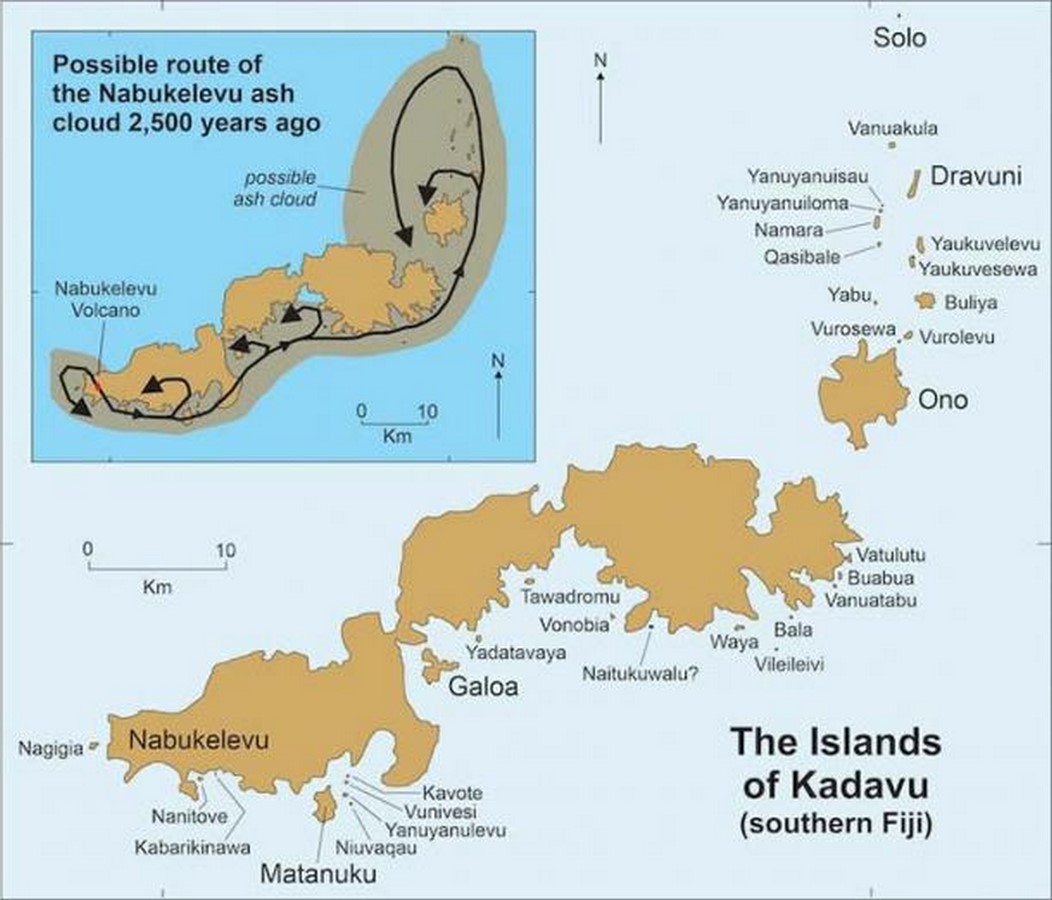
Bridging Science and Culture
Through interdisciplinary collaboration and cultural engagement, researchers are uncovering the hidden truths within oral traditions, bridging the gap between scientific inquiry and indigenous knowledge. By acknowledging the validity of these narratives, we gain a deeper appreciation for the complex interactions between humans and their environment throughout history.
Preserving Heritage for Future Generations
The enduring legacy of Fiji’s volcanic eruption serves as a poignant reminder of the importance of preserving oral traditions and indigenous knowledge. These stories not only enrich our understanding of past events but also offer valuable insights into the resilience and adaptability of ancient cultures. As we continue to explore the intersections of science, culture, and heritage, we uncover new layers of meaning hidden within the narratives of the past.



